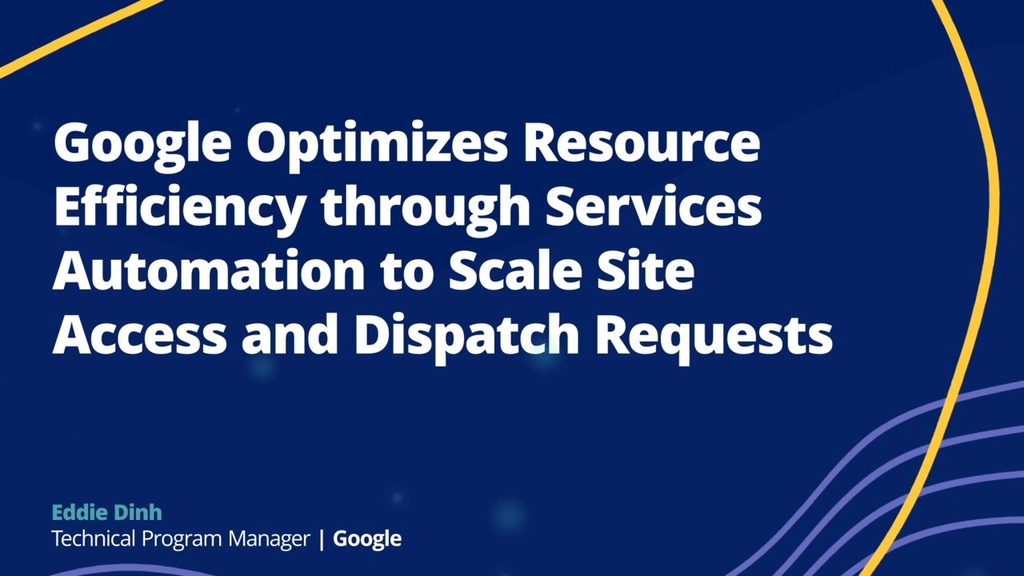
Google improves service ticket processing times by 10x

“With Project Moose, using Pega intelligent automation on the Google Cloud Platform, we have greater visibility and processing time across our massive [service] ticketing volume.”
The Business Issue
Google’s Global Networking team supports all product areas within Google, including Maps, YouTube, and web search. The team is responsible for keeping all internal services up and running – from identifying and scheduling the right field engineers and resources for new builds and repair activities to ensuring they have appropriate access to secure data facilities.
Google sought to improve the end-to-end cycle time of this process as part of its “do stuff faster” initiative. Before this project, teams would manually toil through a partner ecosystem full of legacy enterprises. They would have to navigate hundreds of websites, apps, and systems – and then transfer the same information over and over again. This was an unsustainable process and the sheer number of tickets the engineering team dealt with meant that mistakes would often happen.
The Solution
Google began Project Moose, a low-code workflow management solution implemented by Pega. Instead of giving engineers tickets on an individual basis, Google developed a user-defined rules engine to process tickets according to the defined logic, and then calculate the best assignment based on capability preferences.
If an engineer is not available, the rules engine follows the stack rank chain to determine who is up next and engages them automatically. Google also layered in automation tools like RPA to make sure that the right teams are sent to the right place, at the right time.
The Results
With Pega’s solution, Google saw the following results:
- 80% of ticketing volume is fully automated
- 10x improvement in ticket transaction cycle time
- Better data accuracy and system alignment for requests
- Engineers are free to focus on more complex issues rather than handling individual tickets
